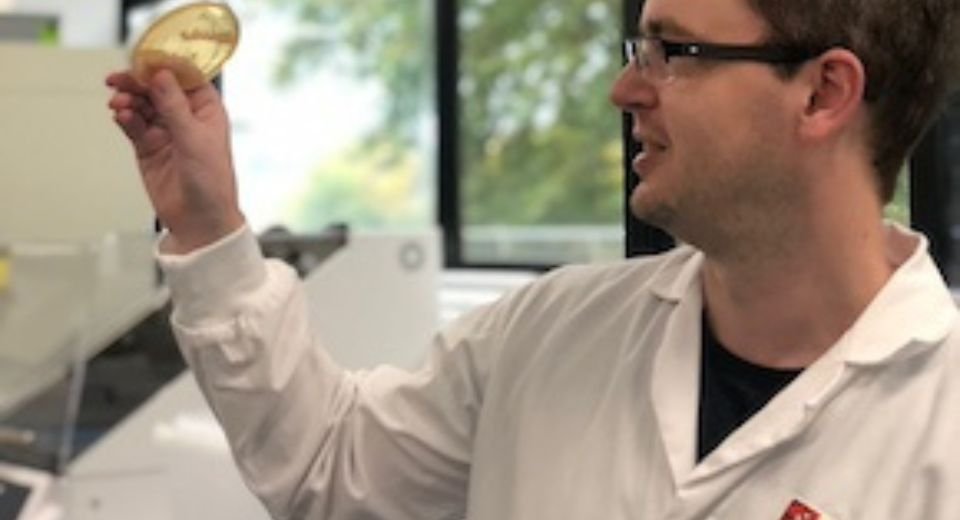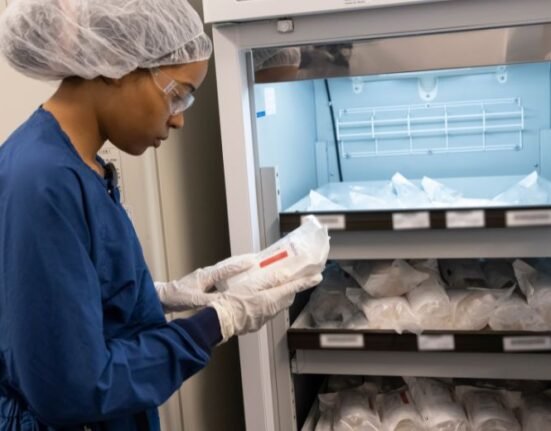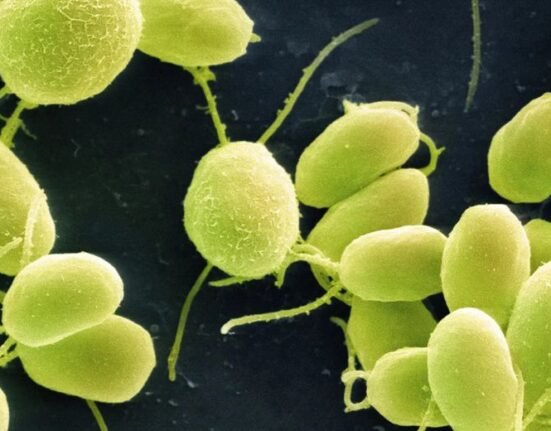HQ Team
January 3, 2025: Global researchers, led by Australia’s Macquarie University, in a bid to re-engineer life in a laboratory, have completed the world’s first synthetic yeast genome following more than a decade of work.
They completed the global Sc2.0 project to create the world’s first synthetic eukaryotic genome from saccharomyces cerevisiae (baker’s yeast) and a new-to-nature tRNA neochromosome, according to a university statement.
“This is a landmark moment in synthetic biology,” says Professor Sakkie Pretorius, co-chief Investigator and Deputy Vice-Chancellor (Research) of Macquarie University
“It is the final piece of a puzzle that has occupied synthetic biology researchers for many years now.”
Scientists cannot immediately start growing artificial yeast from scratch. Yet, living yeast cells can potentially be entirely recoded – though more work is required to get the process refined and scaled up before that can happen, he said.
‘World’s first’
“Sc2.0 is the world’s first project of design and synthesis of a eukaryotic genome,” the authors wrote in Nature Communications.
Using genome-editing techniques, including the CRISPR D-BUGS protocol, the team identified and corrected genetic errors that impacted yeast growth.
These changes restored the strain’s ability to grow on glycerol, a key carbon source, under elevated temperatures. That could help secure supply chains for food and medicine production in the face of climate change and future pandemics.
Gene editing tools helped the team to identify and fix problems in the synthetic chromosome affecting how well the yeast could reproduce and grow under challenging conditions.
They discovered that the placement of genetic markers near uncertain gene regions accidentally interfered with how essential genes were turned on and off, particularly affecting how cells divide their genetic material
Debugging
“By successfully constructing and debugging the final synthetic chromosome, we’ve helped complete a powerful platform for engineering biology that could revolutionise how we produce medicines, sustainable materials and other vital resources,” Professor Ian Paulsen, Director of the ARC Centre of Excellence in Synthetic Biology, who co-led the project, said.
The completion of the chromosome known as synXVI allows scientists to explore new possibilities in metabolic engineering and strain optimisation.
The synthetic chromosome includes features that enable researchers to generate genetic diversity on demand, accelerating the development of yeasts with enhanced capabilities for biotechnology applications.
“One of our key findings was how the positioning of genetic markers could disrupt the expression of essential genes,” says co-lead author Dr Hugh Goold, a research scientist at The NSW Department of Primary Industries.
Design principles
“This discovery has important implications for future genome engineering projects, helping establish design principles that can be applied to other organisms,” said Goold, who is also the Honorary Postdoctoral Research Fellow from Macquarie University’s School of Natural Sciences.
The research provides valuable insights for future synthetic biology projects, including potential applications in engineering plant and mammalian genomes, according to the statement.
“The synthetic yeast genome represents a quantum leap in our ability to engineer biology,” said Dr Briardo Llorente, Chief Scientific Officer at the Australian Genome Foundry.








